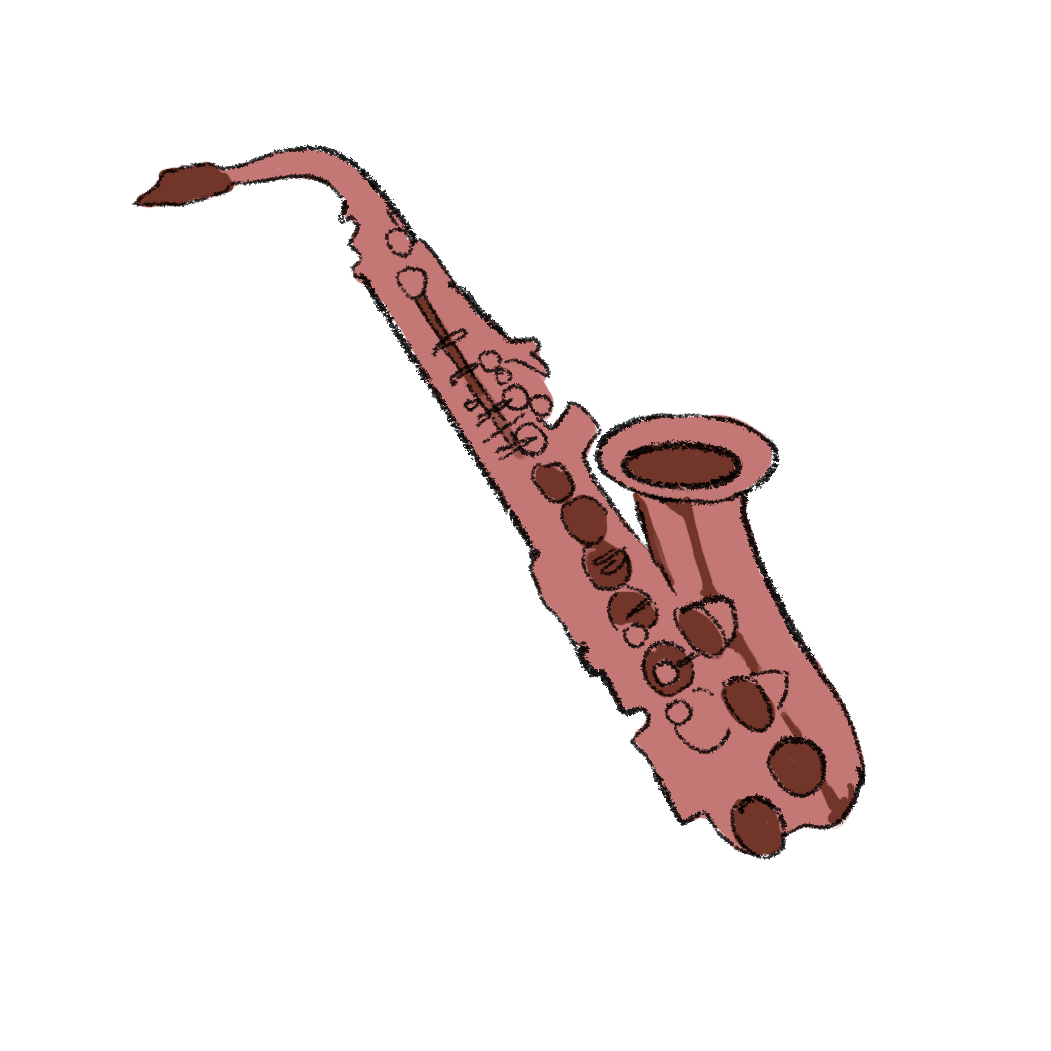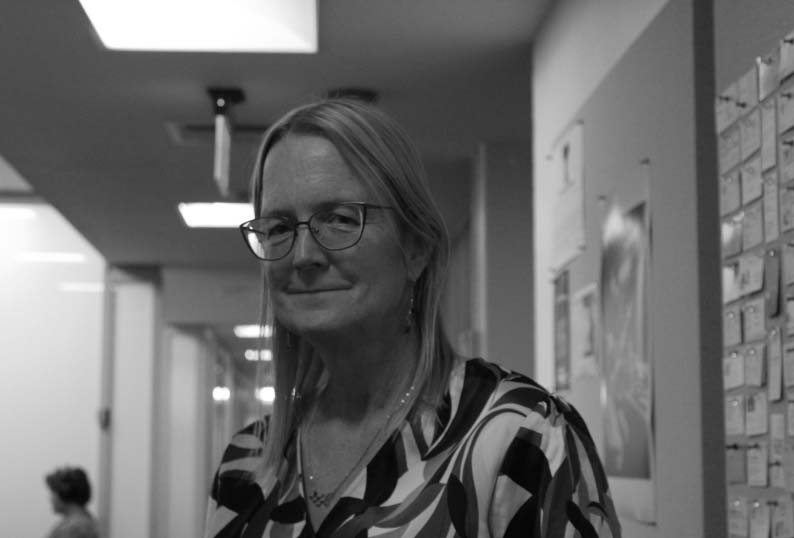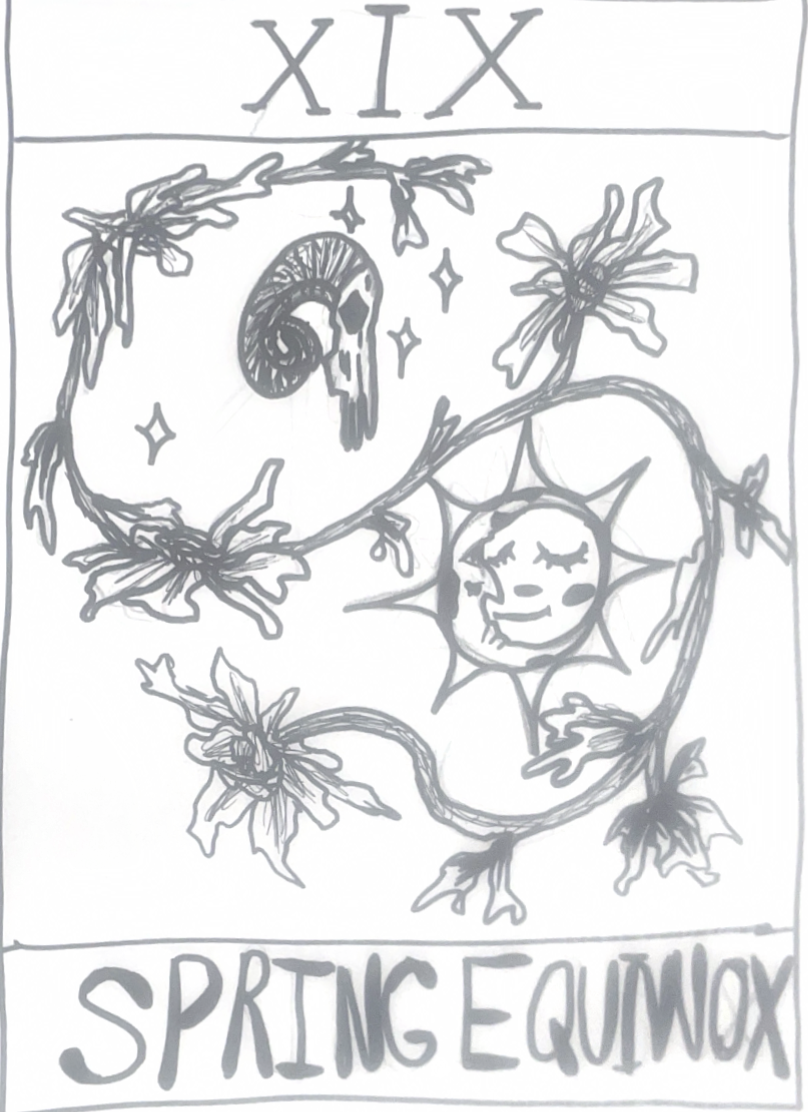Starting this semester, many academic departments have shifted courses from three credit hours to four, raising concerns among students regarding their class schedules and graduation requirements. While Trinity offers opportunities for interdisciplinary study, like minors and second majors, this change could make those studies more difficult to complete.
This shift may seem subtle, but it has the potential to affect students’ ability to graduate on time and take all the classes necessary to complete their majors and minors. Ellie Devens, sophomore international business and Spanish double-major, noticed the shift of standard courses from three to four credits when registering for the fall.
“Scheduling for this semester was difficult,” Devens said. “They [four credit hour classes] take up so much time, and you sign up for 2 classes, and that’s already 8 hours. Fitting in the rest of the classes I need to take has been an interesting balance.”
As a double-major student, Ellie needs to take additional courses to fill her requirements. Four hour courses become challenging for students like Ellie when their schedule does not have the room for more hours. She considered how this change will impact future class schedules.
“I think it definitely means each semester I will be taking a lot more hours than I originally anticipated. Maybe the same number of classes, but it’s more hours,” Devens said.
Rita Urquijo-Ruiz, chairperson of the department of modern languages and literatures, provided key information on her department’s decision to move to four credits and how that will impact students. She said that the change resulted from concerns regarding students’ struggle to succeed in Trinity’s academically rigorous environment.
“It was our understanding the students would be taking less courses and that’s the case. At a given semester a student would take six courses or five courses, and that becomes really stressful for students to have so many courses in one semester, to answer to all these five or six professors,” Urquijo-Ruiz said. “So, we wanted to jump in and say, ‘Can we help?’”
Urquijo-Ruiz stated that although the majority of the department’s courses’ credit hours changed from three to four, students will not be required to take more classes. The required Spanish major and minor credits have increased from 18 to 20 and 30 to 32, respectively. This results in students taking five classes instead of six for the minor and eight classes instead of 10 for the major — starting with the class of 2028 on. Meanwhile, the requirement for upperclassmen pursuing a Spanish minor or major will remain at 18 and 30 credits, supporting their ability to graduate on time.
“Because the number of courses, not the number of credits, are reduced automatically because of what we are doing, it really is the dividing of credits in a different way,” Urquijo-Ruiz said. “My hope as the chair of modern languages and literatures is that this helps all of our students who are getting a minor or a major and to not have our students be afraid of the numbers that are showing up.”
Emma Randles, sophomore biochemistry and molecular biology double-major, said that her STEM classes seemed unaffected by the shift from three credits to four credits. STEM majors at Trinity generally follow a more structured path than other disciplines.
“We don’t even really look at credits. We look at what classes we have to take,” Randles said. “We have to take so many classes, and then we have to add on a lot of our pathways, kinda sprinkled throughout the semester. We have to have a minor, a discovery here, and that’s a whole other thing with pathways and a major. I see people taking more credits to compensate for what we have to take.”
Randles said that four credit hour courses present an additional hurdle to achieve her pathways and discovery requirements. These classes take up room in her schedule and contribute to her distancing herself from an already intense workload.
“I have strayed away from taking four credit classes,” Randles said. “I think it will kinda mess with next year because we have OChem II and GPed, and it just gets harder as we go.”
The switch from three credit to four credit courses presents a new factor for Trinity students to consider during registration and completion of graduation requirements. While some have expressed hesitancy over the change, Devens said she’s not upset about it.
“I think it’s nice that it reflects the effort that you’re putting into it,” Devens said. “I just think if it is if the workload is changing from three hours to four hour classes, being upfront about it would be really nice to see.”









